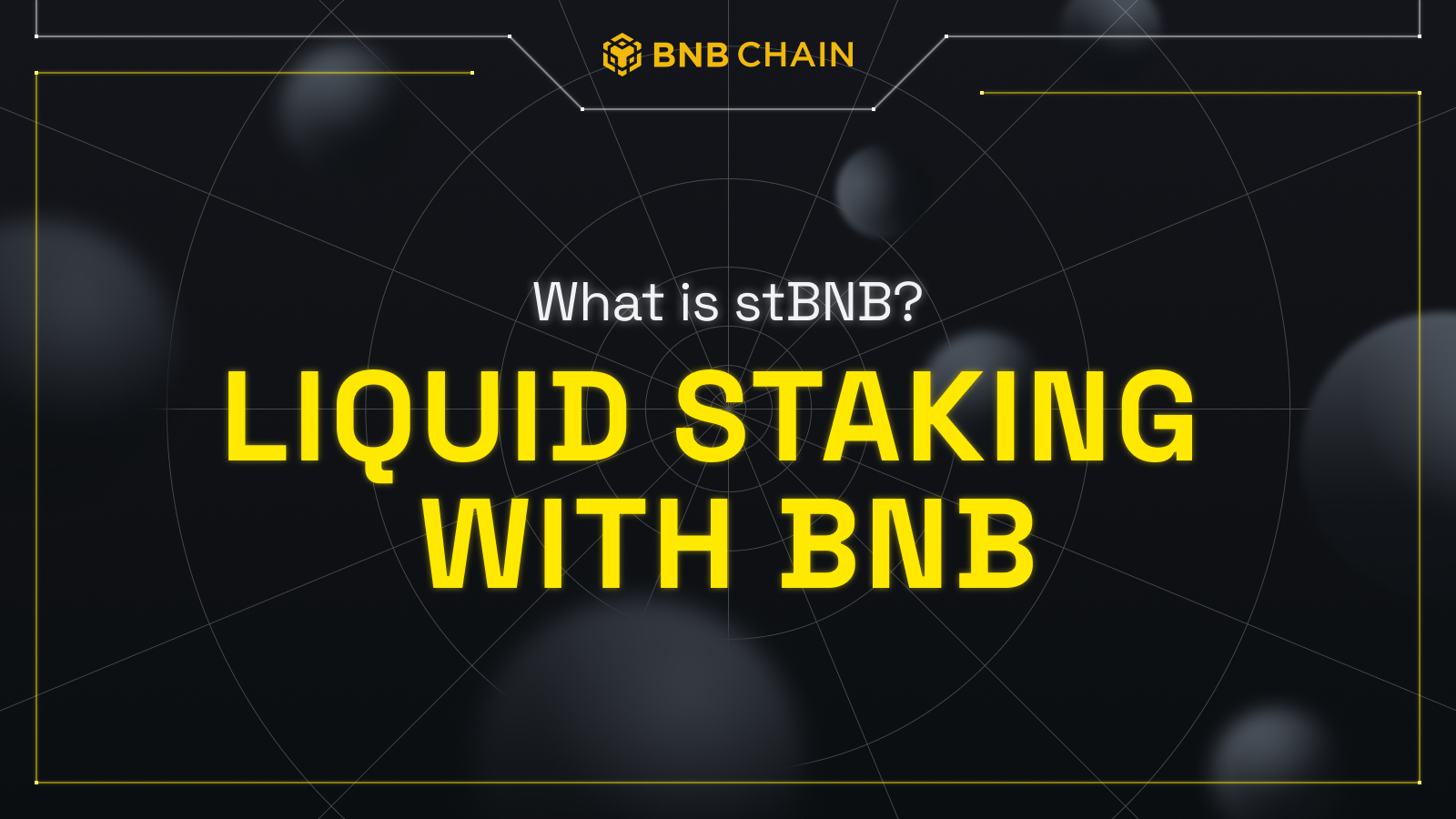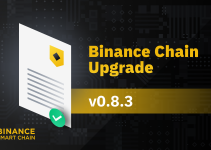Table of Contents

Liquid staking is one of the most sought-after offerings in the decentralized finance (DeFi) sectors. Liquid staking allows users to stake their tokens and receive an equal amount of tradable assets, called Liquid Staking Derivatives (LSDs), in return. As of now, liquid staking has a total value locked (TVL) of $58 billion.
In the BNB Chain ecosystem, staked BNB are represented by stBNB. This article will examine stBNB and how it facilitates liquid staking using BNB.
What Is Liquid Staking?
Before moving ahead, we must understand the concept of liquid staking. We know that staking is a fundamental aspect of many blockchain networks. Participants lock up their tokens to support network operations such as governance, block validation, and security and earn a passive income in return.
However, there is one problem when it comes to staking: The lack of liquidity. This is because once tokens are staked, they are locked until the end of the staking period, rendering them unusable.
Liquid staking goes beyond earning passive income; it unlocks the value of your staked assets for use across the DeFi ecosystem via LSDs.
What Are Liquid Staking Derivatives?
LSDs enable staking without losing liquidity, providing a liquid token for various financial activities. They allow token holders to use staked assets within the DeFi ecosystem, earning staking rewards while leveraging other opportunities.
For example, LSDs can be used as collateral to borrow assets, lent out to earn interest, or used in yield farming and liquidity mining, creating multiple income streams.
These tokens continue to accrue staking rewards and can be used across DeFi protocols, enabling passive income through staking and active participation in the DeFi ecosystem.
There are several types of LSDs. For example, stETH is a derivative given by the Lido Protocol, while BNB Chain offers staked BNB (stBNB).
What Is LSDFi?
LSDFi (Liquid Staking Derivatives in Decentralized Finance) is a concept that combines LSDs with DeFi applications, offering token holders significantly more financial opportunities and flexibility.
The LSFDi model involves these four steps.
- Staking – Token holders stake their assets on supported networks.
- Tokenization – The staked assets are represented as LSDs that reflect the staked amount, continuing to earn rewards.
- Liquidity – LSDs allow token holders to participate in financial activities across DeFi. The tokens can be traded, used as collateral for loans, or used for yield farming.
- Rewards – Holders earn passive income while being liquid, maximizing the returns on their staked assets.
What Is stBNB?
stBNB is an LSD that represents staked BNB Coin (BNB) and signifies the amount of BNB staked by users in the larger BNB ecosystem. It allows users to continue using their staked assets across DeFi applications while earning a passive income on them. This means users can earn staking rewards while utilizing the staked assets for other activities.
For example, users can use stBNB to continue earning staking rewards, participate in Binance Launchpool, and use the tokens across an array of DeFi protocols such as Aave, Venus, Magpie, or Pendle. stBNB tokens can also be used as collateral within the DeFi ecosystem or aggregated to earn higher yields.
LSDFi on BNB Chain
Leveraging liquid staking, yield generation, and money markets is crucial to building a thriving LSDFi ecosystem on BNB Chain. ListaDAO, the largest liquid staking provider on BNB Chain, plays a key role alongside pStake and Stader, which are also prominent in the ecosystem.
Additionally, platforms like Aave and Venus have integrated with stBNB, further enhancing liquidity options. Other notable players supporting liquid staking on BNB Chain include Magpie and Pendle, all contributing to a robust and dynamic LSDFi ecosystem.
LSDFi’s integration with BNB Chain has significantly improved the following capabilities.
- Better Security – LSDFi prioritizes security, ensuring that private keys associated with LSDs are protected, thereby instilling a higher level of trust and integrity in the system.
- Flexibility – LSDs allow token holders to participate across other DeFi protocols without compromising their staking yields, giving them unprecedented flexibility.
- Larger Validator Base – LSDFi encourages greater participation, helping increase the number of validators and diversifying the network’s expertise while simultaneously strengthening the staking ecosystem.
- Delegator Benefits – LSDFi compounds daily staking rewards for delegators on BNB Chain. It also allows them to participate in direct governance via voting, enhancing their influence on the network.
In Closing
stBNB provides token holders with greater flexibility, liquidity, and higher returns, making staking more profitable. As the LSDFi ecosystem evolves, stBNB will play a crucial role in maximizing returns for users on the BNB Chain.


